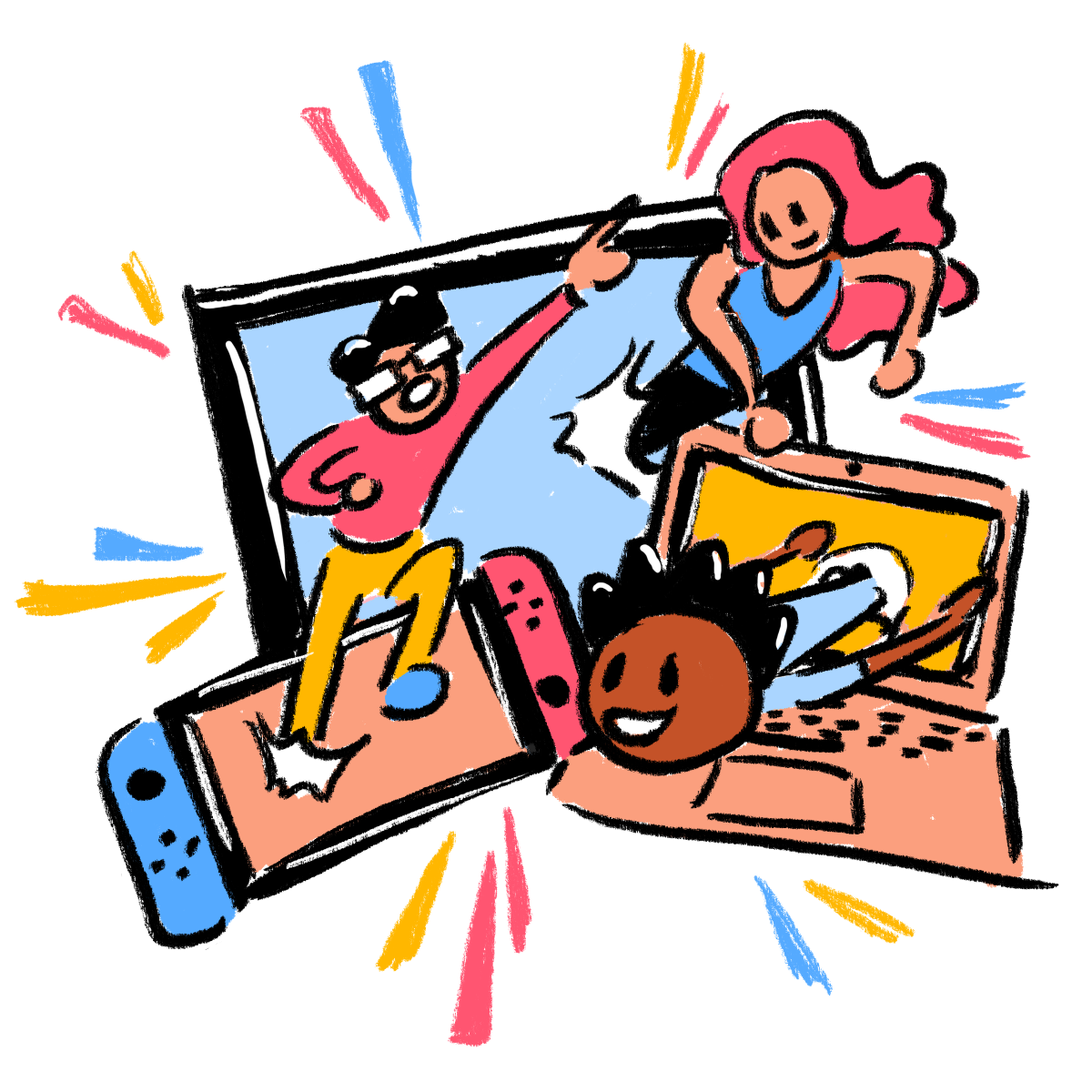On March 25, D.H. Hill Jr. Library held its Raiders of the Lost Arcade event, which allowed students to play video games that were created by women and featured women as the leading characters, according to Marian Fragola, director of Program Planning and Outreach at D.H. Hill Jr. Library. This event took place remotely due to COVID-19 preventative guidelines and restrictions.
One of the motivations behind the Raiders of the Lost Arcade event is to bring awareness to the lack of representation of women and minorities in the gaming world. Fragola said there has traditionally been a lack of diversity in video games, as most video games have been created by and marketed toward cisgender, heterosexual, white men.
“If you ever go into the Hunt Library or the Hill Library, where we have gaming spaces, and if you look into those gaming spaces, the people who play sometimes look the same,” Fragola said. “They are a pretty homogeneous bunch, but … there’s just a huge variety of video games in the world, so we wanted to show different video games, many times that were independent video games or sort of lesser known video games that centered the experiences of different kinds of people.”
The Makerspace staff at the library, as well as the Women’s Center, helped develop this year’s event, but transitioning to an online format presented certain difficulties.
“It was really actually kind of tricky to find games because obviously, if you’re in the library, we purchase all the games, so you play them, but because of the way licensing works, we can’t have people play at home for free,” Fragola said.
According to Lijain Al Samara, a third-year studying biological sciences and student worker at D.H. Hill’s Makerspace, in previous years, the games selected have included a variety of topics featuring diverse or marginalized communities. This has included a dating game featuring LGBTQA+ individuals, as well as a mental health-based events.
“Sitting down and playing those games that talked about the implications of depression made it easier for people to open up and be like, ‘oh I’ve experienced that,’ or, ‘that’s really interesting and I’ve never thought about it in this way,’” Al Samara said. “It just creates a space for us to have diverse conversations with diverse individuals.”
For Al Samara, who contributed to the planning of this year’s event before it was postponed, being able to incorporate a variety of video games was personally significant, as she was able to see the way video games have changed since she was a child.
“I grew up in Syria, and most of the video games that I played were little girl games,” Al Samara said. “I had a lot of Barbie video games, of just styling Barbies, dressing them up. They still didn’t really have a lot to them; they were just kind of like, ‘just make this one pretty’ or, ‘cook this meal.’”
Al Samara said as she explored new video games, she began to see a gradual shift in representation of women and minorities, as major video game companies began to include more diverse characters and relied less on gender stereotypes in the games. Al Samara said women were becoming more frequently portrayed as fighters and heroes rather than as housewives or helpless victims.
“I think, in general, there was just more awareness of the implications of having a female character that was kind of like, not realistic at all,” Al Samara said. “As a society it feels like we’re making some kind of progress, even if it’s very small and minimal, and should have been from the start.”
Traditionally, the Raiders event takes place in the Fishbowl Forum in D.H. Hill Jr. Library, and the experience is designed to be interactive, with students working together to figure out the games and get to know each other, according to Fragola.
Although the camaraderie of sitting down together and getting to know each other might not have been available this year, Fragola said the Raiders event is still going to be there in the future, and any student is welcome to attend and participate, regardless of major, year or experience.
“It’s not the same as sitting next to somebody and looking at them and interacting with them in real time and real space, but we do want to see if there are ways, before we can safely get back together, to do that virtually,” Fragola said. “We’re working on it, but our top priority is our student safety, so anything we do will have to be with student safety as our highest priority.”








